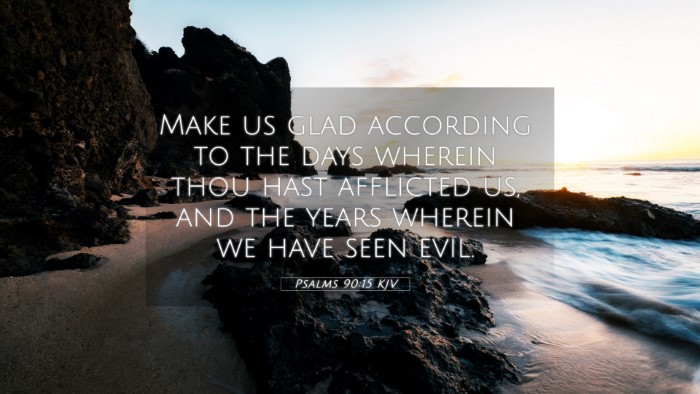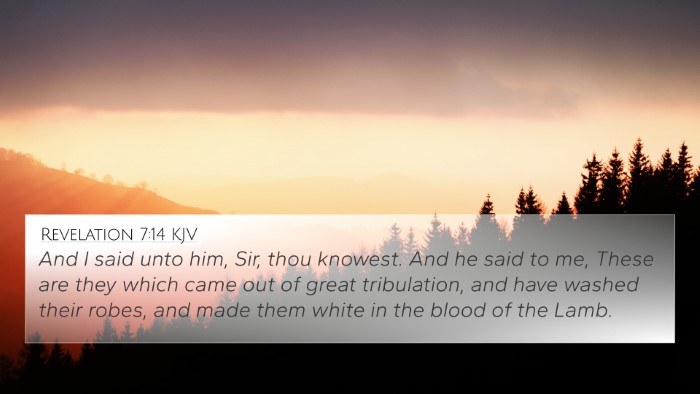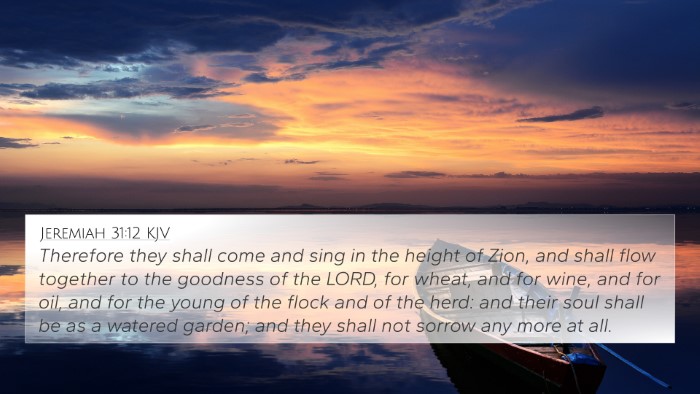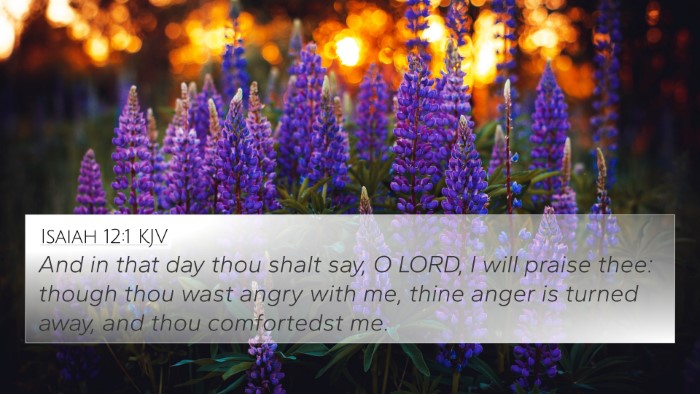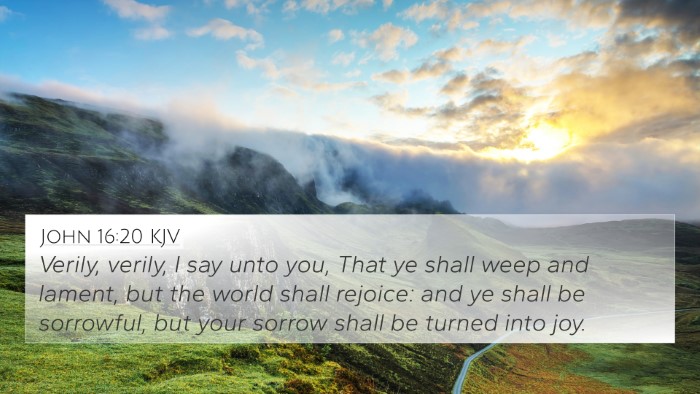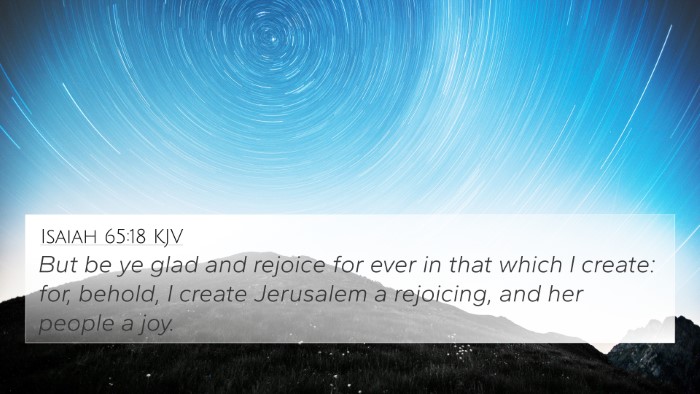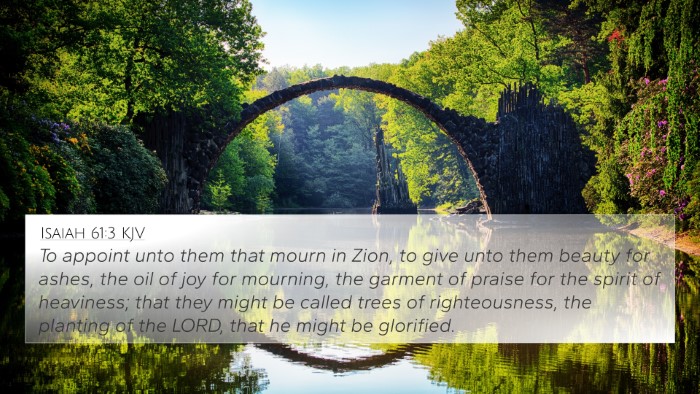Psalms 90:15 Explained
Bible Verse: Psalms 90:15 - "Make us glad according to the days wherein thou hast afflicted us, and the years wherein we have seen evil."
Overview
This verse encapsulates a plea for restoration and joy amidst suffering. It reflects on the trials experienced over the years and seeks to counterbalance past afflictions with renewed happiness and gladness.
Commentary Insights
-
Matthew Henry:
Henry emphasizes the acknowledgment of human frailty and the dependency on God's mercy. His interpretation suggests that the psalmist is asking for a joy that matches the duration of their suffering, indicating that God’s grace can transform sorrow into joy.
-
Albert Barnes:
Barnes notes the historical context of Israel's suffering and captures the essence of this plea as an appeal to God’s compassion. He points out that the psalmist desires that the joy received may reflect or parallel the years of hardship.
-
Adam Clarke:
Clarke discusses the significance of time in relation to joy and suffering, highlighting the importance of divine intervention. He conveys that the psalmist longs for a divine counteraction of their past sufferings through a lasting sense of gladness.
Thematic Connections and Cross-References
Psalms 90:15 presents significant themes that resonate throughout scripture. Here are some related Bible verses that deepen understanding through cross-referencing:
- Psalms 30:5: "Weeping may endure for a night, but joy cometh in the morning." - This verse illustrates the transitional nature of suffering to joy.
- Isaiah 61:3: "To appoint unto them that mourn in Zion, to give unto them beauty for ashes, the oil of joy for mourning..." - A promise of joy replacing grief is highlighted here.
- 2 Corinthians 4:17: "For our light affliction, which is but for a moment, worketh for us a far more exceeding and eternal weight of glory." - This passage compares temporary pain with eternal rewards.
- Romans 8:18: "For I reckon that the sufferings of this present time are not worthy to be compared with the glory which shall be revealed in us." - Paul’s writing reflects a similar sentiment of future joy after suffering.
- Revelation 21:4: "And God shall wipe away all tears from their eyes; and there shall be no more death, neither sorrow, nor crying…" - This verse points to the ultimate hope and joy at the end of suffering.
- Psalms 126:5: "They that sow in tears shall reap in joy." - This reinforces the theme of reaping joy after periods of sorrow.
- Philippians 4:4: "Rejoice in the Lord always: and again I say, Rejoice." - A call to maintain joy amidst trials is echoed here.
Understanding The Microscopic Context
The verse occurs within a broader penitential psalm reflecting on God's eternal nature and human mortality. The request indicates a deep awareness of the suffering experienced across many years, understood in its entirety through God's redemptive qualities.
Application and Reflection
This verse encourages reflection on personal experiences of suffering and the hope of restoration. Believers are reminded of God’s ability to heal and restore joy, urging them to recall past afflictions not as despair but as a backdrop to experiencing divine joy.
Conclusion
In summary, Psalms 90:15 is a profound reminder that while suffering may be a part of life, so too is the promise of joy. Through cross-referencing with other biblical texts, the theme of transforming sorrow into joy is clearly established. This brings comfort to those seeking understanding and connection between the various passages of Scripture.
Further Study Suggestions
- Bible Concordance: Utilize this tool to find further cross-references related to joy and suffering.
- Bible Cross-Reference Guide: Explore guides that assist with linking Bible scriptures thematically.
- Cross-Referencing Bible Study Methods: Employ these methods for a deeper understanding of connections between verses.

